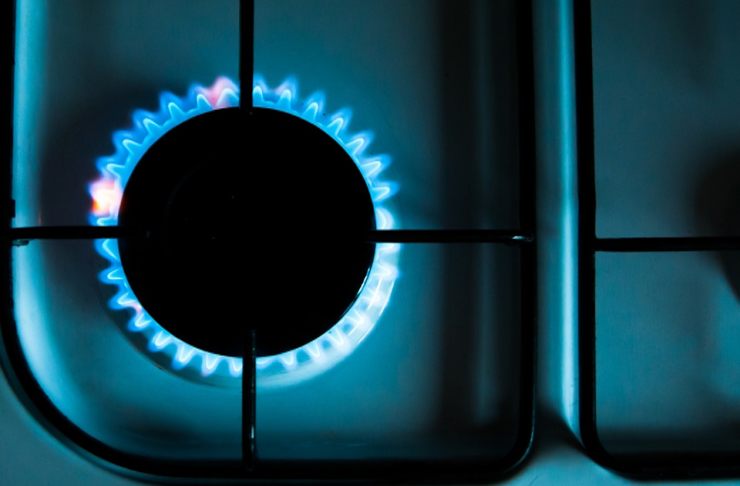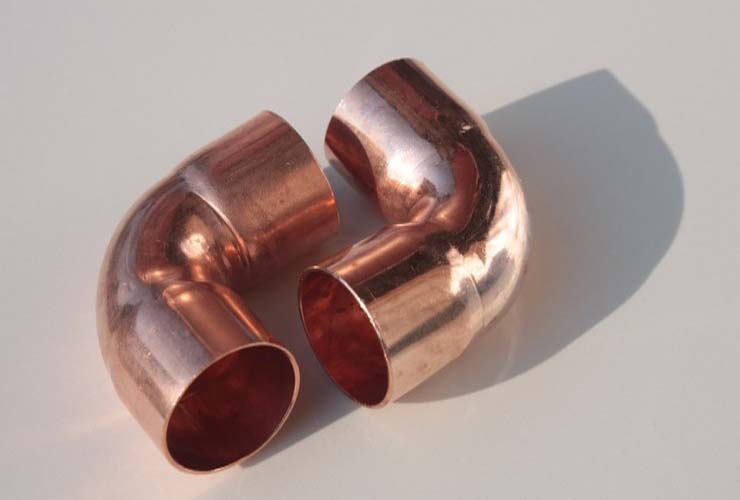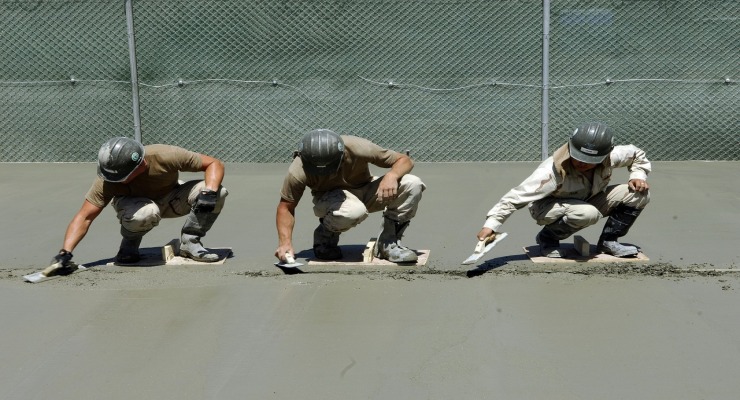Which pipes are better - copper or steel tubes? Gas installation essentials
Gas line installation has been an essential element for almost every new building over the recent years. It is quite benficial. It allows to connect the whole building with the heating system. Not every gas line installation is the same, which depends on the the materials used for its contruction. Typically, steel or copper pipes are used. They also need to be supplemented with other components such as valves and filters. Before you decide to choose a particular solution, learn the features of each of them. This way you will easily determine the best option for you.

Copper pipes for gas? What are the benefits of such gas instalation?
Pipes made of copper are typically recommended for gas line installation by many specialists. Why? The main reason is the fact that copper is a malleable metal which can stretch without damage. It is very important issue for systems working in high temperatures - such as a gas fittings.
What’s worth noting is the fact that copper gas pipes require preparing enough space for installation, as they can increase their size. Copper tubes for a gas installation are definitely smaller than pipes made of other materials. Their walls are thinner, as less material is used for their production, compared to, for instance, steel pipes.
Copper gas installations make the home gas installation leaktight and resistant to various factors, such as UV lighting. The biggest advantage of a copper pipe is its high resistance to corrosion.
How to connect copper pipes?
A gas system with copper pipes creates many possibilities for their connection. Copper pipes are hard and typically 1 mm thick. Because of this, the tubes can be connected very effectively, by the means of hard soldering. Before creating the connection, it is advised to use a special copper brush, so that it is more durable. Experts also suggest using special solder paste for copper pipes and fittings.
Another method involves using press fittings. In this particulr case, a usual PEX fitting will do. However, if you want to change the direction of the gas system and fit it to the building’s construction, use PEX tees or press elbows. The installation process of such elements is currently one of the easiest ones, therefore every specialist should be able to do it. This fact definitely lowers the costs of gas installation.

Steel pipes - gas installation more prone to harmful factors?
Steel pipes used for gas line installation have bigger diameters than the copper counterparts. The walls of a steel tube is thicker, therefore it is more stiff and it does not need to be attached to a wall with additional elements. Unfortunately this type of installation is very heavy. A home gas line installation like this is also significantly heavier. Similar to copper lines, steep pipes are thermally expandable. Thanks to this feature, they are perfect for high temperatures.
Steel pipes can be assembled by the means of soldering or using threaded fittings. Compared to copper pipes, the process of connecting steel pipes takes far more time. They are also less resistant to corrosion and more likely to build up scale inside (if used for a water installation). That’s why steel pipes are chosen less frequently than copper tubes.
Which gas line installation is better - with copper or steel pipes?
Both of the solutions have their strengths and weaknesses. Copper installation is not only functional but also looks good. Pipes of this type might serve as a decoration. Nonetheless, they are not suitable for recessed systems. Steel pipes, on the other hand are as strong as copper and they can be placed inside of a wall. They cannot be, however, installed in places of high humidity.
Gas line installation should be, therefore, matched with the conditions of a particular building.
Gas installation at home - additional equipment worth investing
If you choose particular gas pipes, remember to gather the rest of equipment which will support the whole system’s proper operation. The gas pipes are the essential, obviosuly, but they cannot be used without additional parts.
One of the most important elements which are usually mentioned are ball valves. It’s a highly important component - especially when the gas flow has to be quickly cut off. A malfunction might happen anytime, which is a perfect example. If you use a ball gas valve, you will always be able to cut off the gas flow in your house. It’s a great convenience - you don’t have to call a specialist to do something so trivial.
A properly functioning gas installation also depends on accessories such as gas filter. Thanks to this element, you can get rid of all contamination effectively. This small, yet highly functional product can prevent malfuntions of possibly serious consequences and high repair costs.
FAQ
How to solder copper pipes?
If you are not a professional, do not attempt to solder a gas pipe. It is best to hire a specialist who can do it quickly and safely.
How to connect PVC pipes?
You can connect a PVC tube by gluing it. Cover smoothed ends of both elements with glue, and then connect the two pieces. This is a very easy method of connecting a pvc pipe.
How long do copper pipes last?
Copper pipes typically last around 20 years. If properly maintained, this type of pipework material can last up to 50 years - sometimes even longer.
What are pvc pipes?
The abbreviation PVC stands for polyvinyl chloride. In recent times it has been common to replace metal pipes with PVC tubes in water installations.


